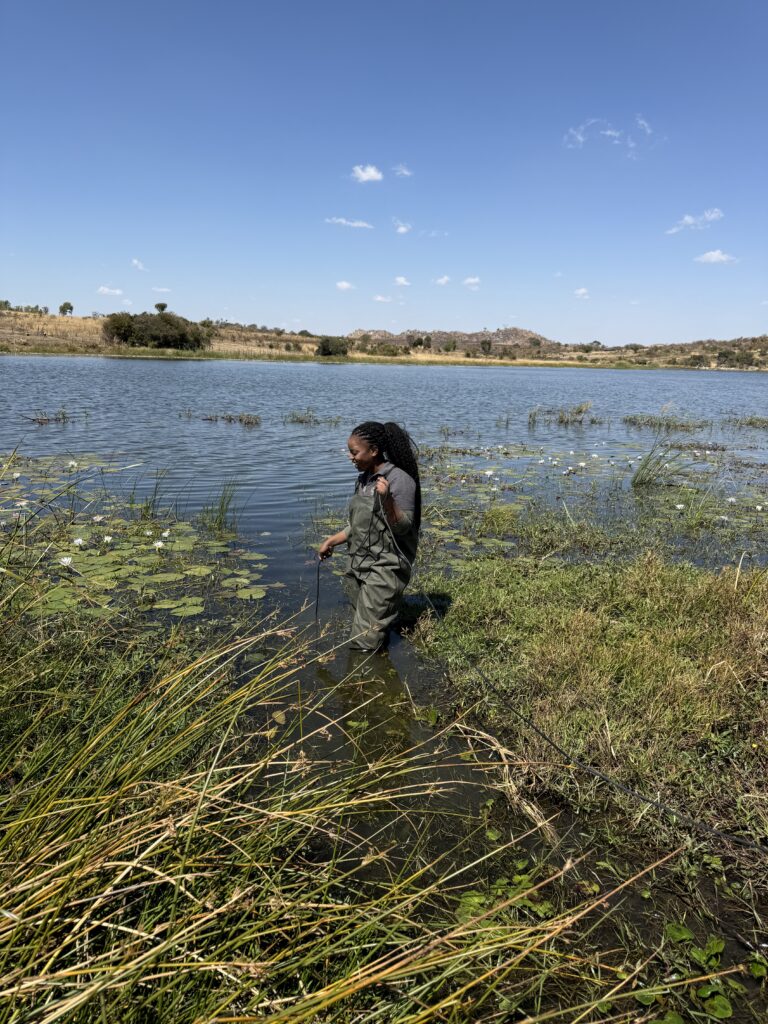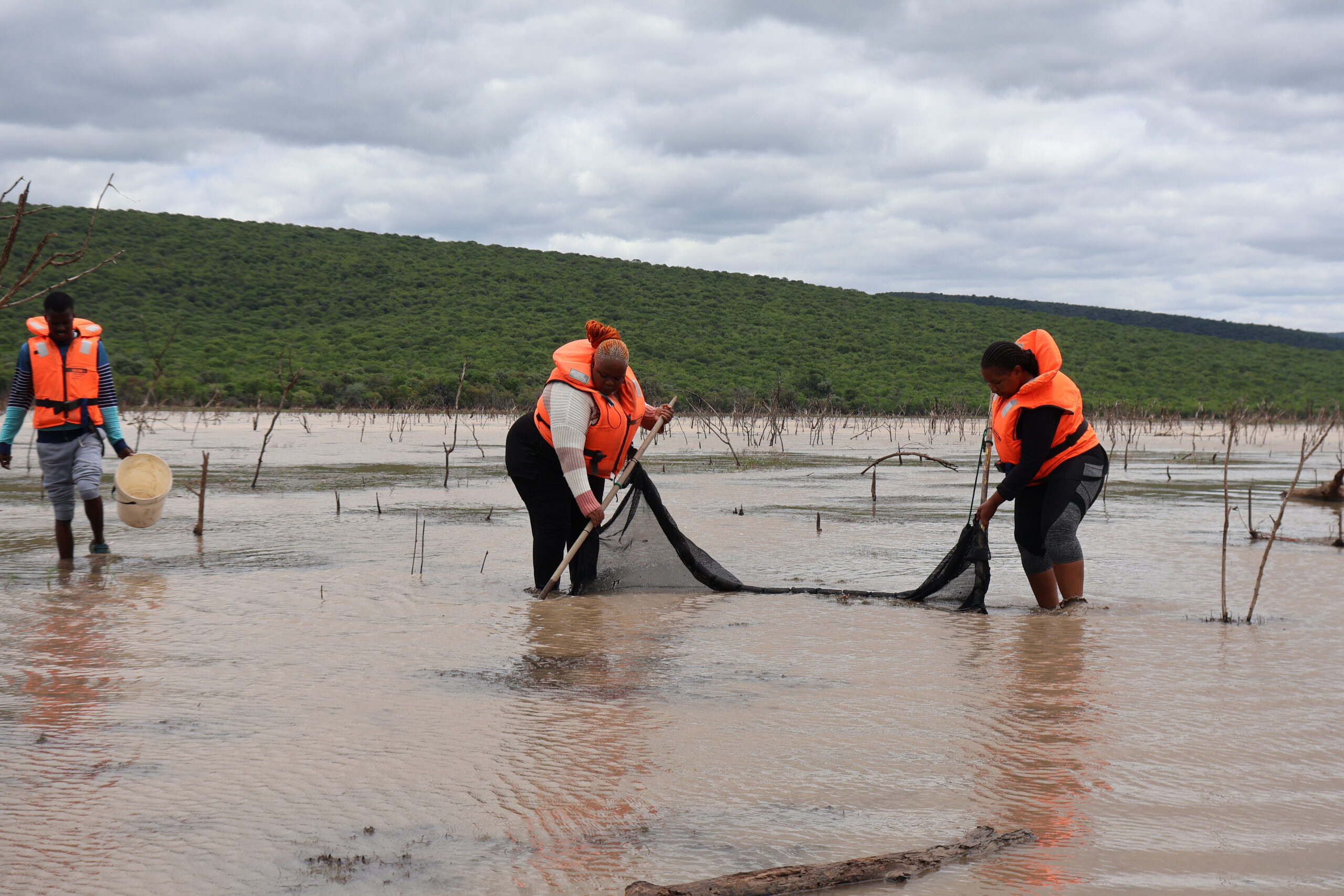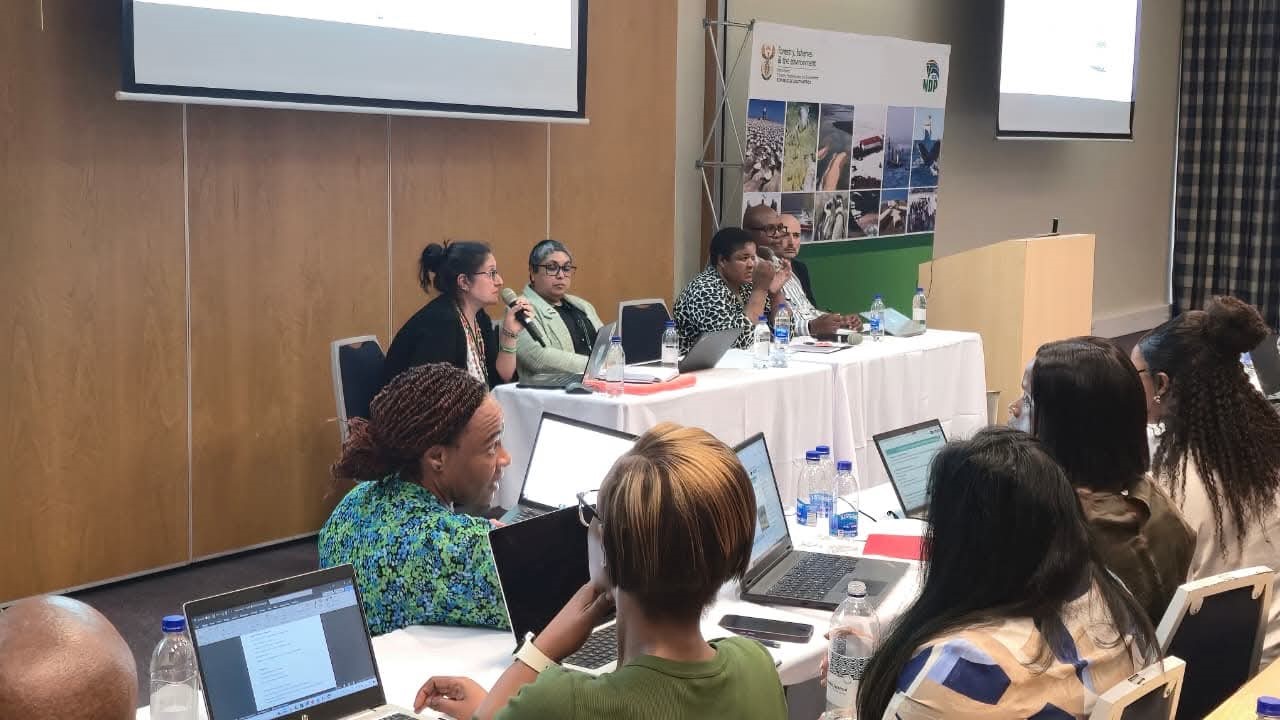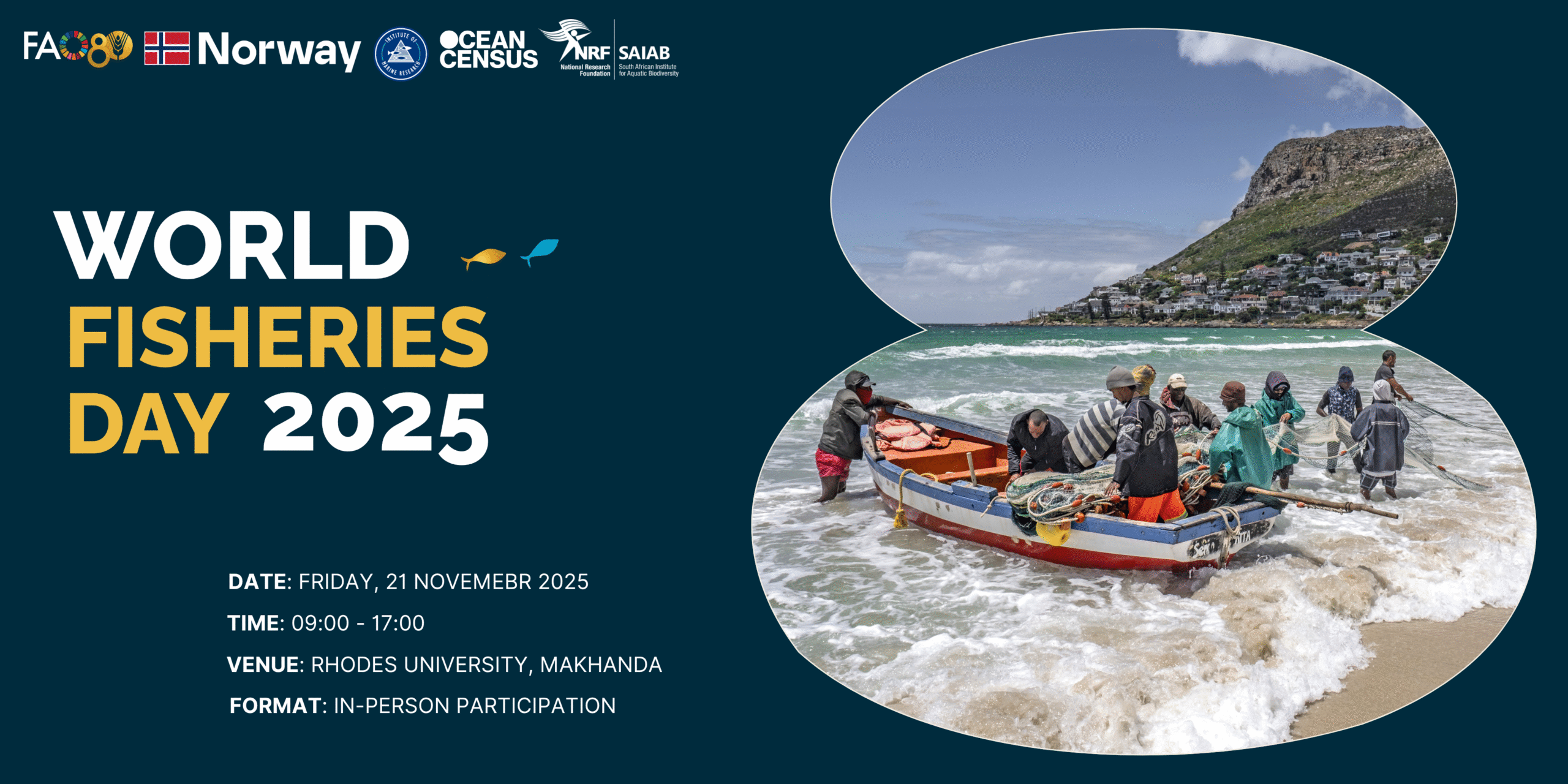By: Tressia Chikodza and Dr. Emily Strange
A new international study involving NRF-SAIAB researchers has revealed a hidden link between aquatic invasive plants and mosquito populations – a connection that could have serious public health implications.
Mosquitoes, among the world’s deadliest animals, transmit diseases such as malaria, dengue and zika, affecting millions of people every year. New research published in Ecology Letters suggests that the spread of invasive aquatic plants may be creating ideal breeding conditions for mosquitoes, potentially amplifying disease risks in freshwater ecosystems.
The study, titled “Double Trouble: Aquatic Invasive Plants Can Promote Mosquitoes,” brings together experts in aquatic invasion biology and vector ecology from Africa and Europe. The researchers found that invasive aquatic plants can alter water quality, reduce native biodiversity, and change habitat structure – all factors that can increase mosquito survival and reproduction. The authors warn that as aquatic plant invasions expand, their ecological effects could inadvertently support mosquito proliferation, posing a growing public health challenge.

The team calls for urgent, evidence-based management strategies that address both ecological and health dimensions. Without targeted intervention, efforts to control invasive plants or mosquito populations in isolation may have limited or even counterproductive outcomes.
Lead author Tressia Chikodza, a Rhodes University PhD student jointly supervised by Prof. Julie Coetzee (Principal Scientist at NRF-SAIAB) and Dr. Emily Strange (Leiden University, The Netherlands), is at the forefront of this work. Her research will build on these findings by combining ecological and social data to understand how local communities experience and perceive the potential intertwined threats of invasive species and mosquito-borne diseases.
Prof. Coetzee and Dr. Strange emphasize that this collaboration bridges disciplines and continents – highlighting the need for integrated approaches to biodiversity and health challenges across Africa and beyond.





